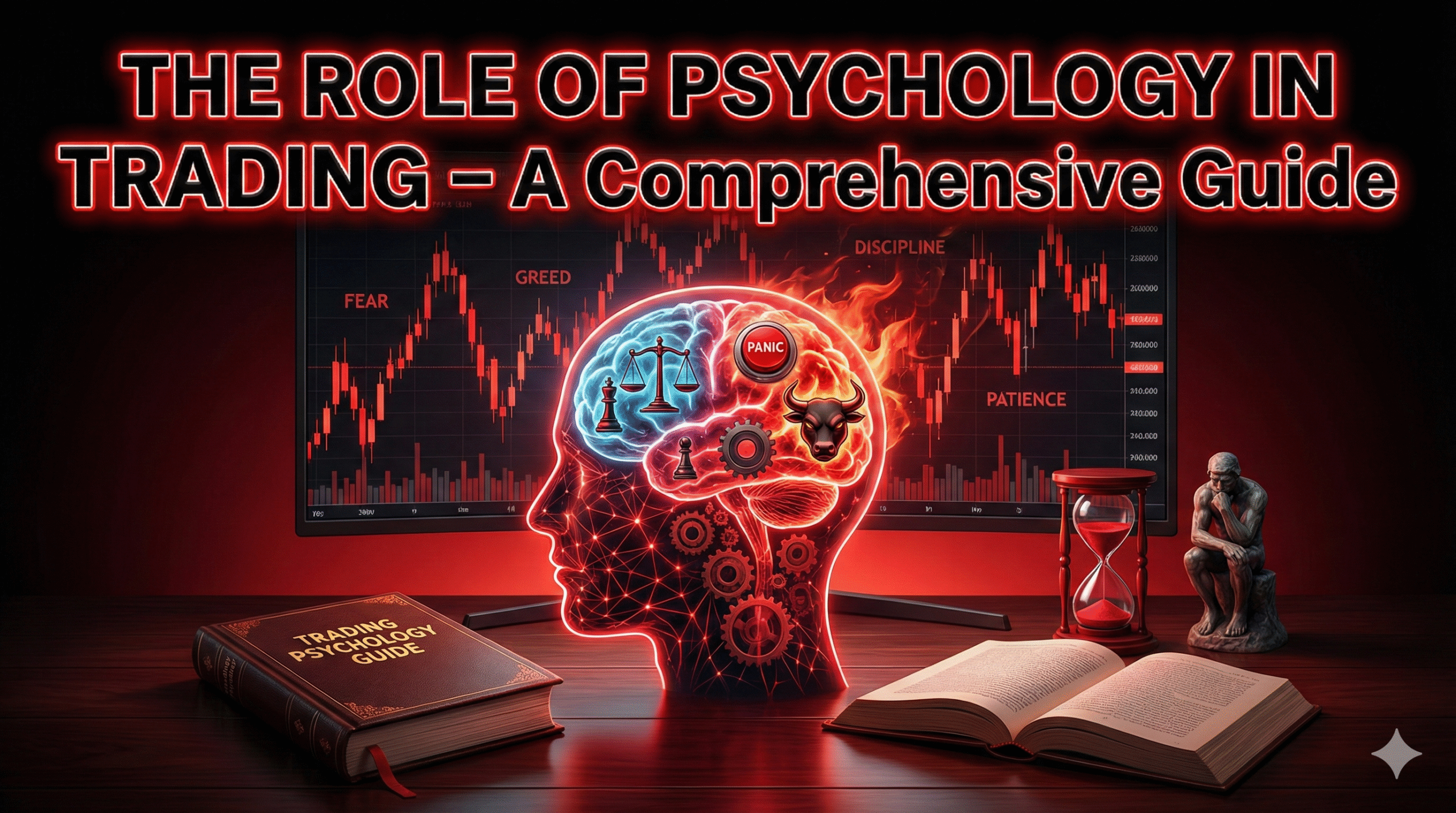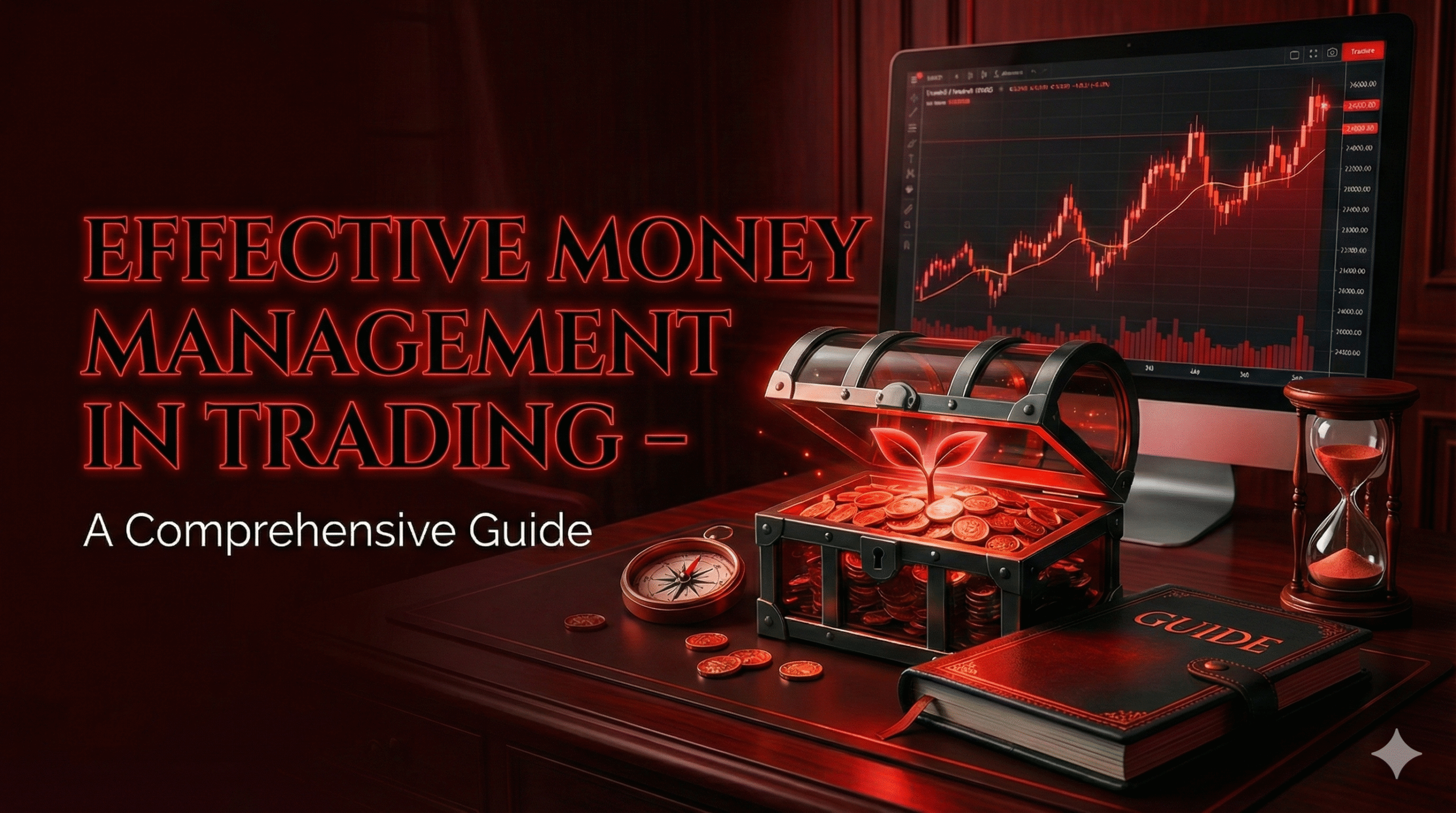The Role Of Psychology In Trading – A Comprehensive Guide
Introduction
Trading in financial markets is not just about numbers and charts; it’s also about understanding the human element in decision-making. Trading psychology plays a crucial role in a trader’s success. In this comprehensive guide brought to you by MrCrypton, we’ll delve into the intricate world of trading psychology, exploring the psychological factors that can impact trading decisions and providing strategies to overcome common pitfalls.

Understanding Trading Psychology
Trading psychology is the study of the mental and emotional aspects of trading. It involves recognizing how emotions and cognitive biases can influence decision-making and impact trading outcomes. Traders who master trading psychology are better equipped to make rational, well-informed decisions, ultimately leading to more successful trading.
Emotions in Trading
Emotions are an integral part of trading, and they can significantly affect performance. Some common emotions in trading include:
- Fear: The fear of losing money can lead to irrational decisions, like exiting trades too early or avoiding potentially profitable opportunities.
- Greed: The desire for quick profits can drive traders to take excessive risks, leading to losses.
- Hope: Hoping for a losing trade to turn around can result in holding positions for too long, resulting in further losses.
- Regret: Regret over past trades can lead to revenge trading, where traders try to recoup losses.
- Excitement: The excitement of a winning streak can lead to overconfidence and taking unnecessary risks.
Common Psychological Biases in Trading
Understanding and recognizing psychological biases are crucial for traders. Some common biases include:
- Loss Aversion: Traders tend to fear losses more than they value gains, often leading to premature exits and missed opportunities.
- Confirmation Bias: Traders seek information that confirms their beliefs and may ignore contradictory evidence.
- Overconfidence: Overestimating one’s abilities and knowledge can lead to reckless trading.
- Herd Mentality: Following the crowd can result in trades driven by emotions rather than analysis.
- Anchoring: Traders may anchor their decisions to a specific price point, which can lead to poor decision-making.
Overcoming Psychological Biases
To become a successful trader, it is essential to recognize and overcome these psychological biases. This can be achieved through self-awareness, discipline, and adherence to a well-defined trading plan. Here are some strategies:

- Set Clear Objectives: Define your trading goals and risk tolerance in advance to avoid impulsive decisions.
- Practice Risk Management: Implement risk management techniques, such as setting stop-loss orders and limiting the size of positions.
- Keep a Trading Journal: Maintain a record of your trades and emotions to identify patterns and make adjustments.
- Seek Feedback: Engage with other traders, mentors, or support groups to gain different perspectives.
- Continuous Education: Never stop learning. Stay updated on the latest trading techniques and psychological strategies to improve your decision-making.
The Importance of Mindset and Discipline
A successful trader’s mindset is one of discipline, adaptability, and resilience. Developing a structured trading plan, sticking to it, and having the patience to endure losses are key attributes of a disciplined trader.
The Role of Patience and Emotional Control
Patience is often an undervalued virtue in trading. Successful traders understand that trading is a marathon, not a sprint. They exhibit emotional control, resisting the urge to chase quick gains and remaining calm during periods of market volatility.
Adaptability and Continuous Learning
The ability to adapt to changing market conditions is essential for traders. This adaptability can be nurtured through ongoing education and exposure to different trading scenarios. The more versatile a trader becomes, the better equipped they are to navigate various market situations.
The Psychological Impact of Losses and Wins
Traders often experience emotional highs and lows after both losses and wins. Losses can be particularly challenging, as they can lead to feelings of self-doubt and frustration. It’s crucial to accept that losses are an inevitable part of trading and not a reflection of one’s abilities.
On the other hand, big wins can lead to overconfidence and the temptation to take excessive risks. Staying grounded and adhering to a well-defined trading plan is essential, even in the face of significant successes.
Conclusion
Trading psychology is a fundamental aspect of trading that can significantly impact performance. Recognizing and managing emotions and biases is crucial for traders seeking consistent success. With self-awareness, discipline, and the right mindset, traders can overcome psychological challenges and make rational, well-informed decisions.
At MrCrypton, our mission is to empower traders with the knowledge and tools needed to navigate the complex world of trading. By mastering trading psychology and understanding the role of emotions and biases, you can elevate your trading game and work towards achieving your financial goals. Happy trading!






